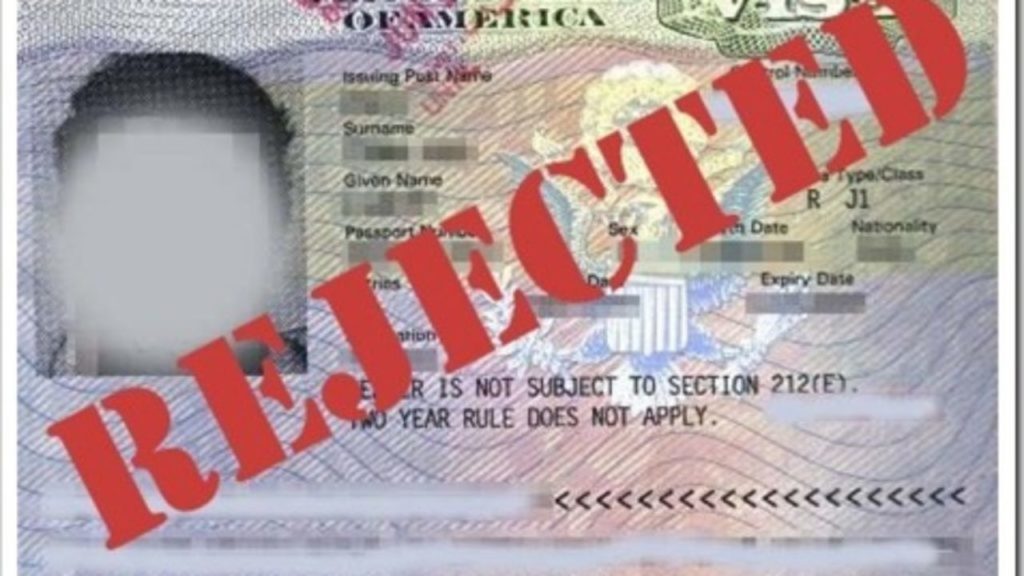
Amidst the ongoing Presidential elections in the US, the Trump administration has yet again lashed out another ‘proposed rule’, targeted towards crippling the entry and job opportunities for H-1B visa holders.
In the new rule proposed on October 28, 2020, USCIS will now grant visa petitions to applicants based on their salary levels, instead of H-1B visa lottery, in times when the agency receives more petitions than allowed under the annual limit.
This clearly indicates that the process of getting a visa petition in the US for foreign applicants will now be more complex.
What is this New Rule?
Currently, in cases when the U.S. Citizenship and Immigration Services (USCIS) receives an exceeding number of petitions than the annual limit, the ‘H-1B visa lottery’ procedure is used.
This grants 65,000 petitions to foreign citizens under the annual limit, while an additional 20,000 petitions to individuals having an advanced degree from a U.S. university.
However, according to the new rule proposed, after the USCIS receives registrations before the start of a fiscal year, if this number exceeds the H-1B limit allowed, the following applicants will be awarded petitions not based on a lottery system but on the basis of their salaries, from high to low.
“USCIS will rank and select the petitions received on the basis of the highest Occupational Employment Statistics (OES) wage level that the proffered wage equals or exceeds for the relevant Standard Occupational Classification (SOC) code in the area of intended employment, beginning with OES wage level IV and proceeding in descending order with OES wage levels III, II, and I.”, reads the proposal.
The same selection method will be used for the 20,000+ registration limit for H-1B advanced degree applicants as well.
How will This Process Affect Applicants?
Since ‘salary dependency’ wasn’t included in the selection of H-1B visa process until now, this new rule if implemented will make the process highly complicated.
The elimination of the lottery process will surely impact international students, IT professionals, physicians and others holding lesser experience, as they might not even land a visa.
The proposed rule also adds that if there are more number of petitions at a particular wage/salary level than the numeral limitation, USCIS will randomly select from these petitions to satisfy the numerical limit.
Proposed Rule Bad News for Employers Too
Practically, this new rule will not only affect foreign applicants adversely, it will also affect the US employers.
H-1B visa status is typically the only way to employ an international student long-term in the United States.
Allotting petitions only to highly paid applicants, the employers wouldn’t be able to hire a lesser experienced foreign employee as it wouldn’t be fair to pay them the same salary, as an experienced employee.
In this case, the employers will have to hire local employees. The proposed rule equates salary alone with value.
Mark Regets, an economist and senior fellow at the NFAP says,
“The four wage levels from the Department of Labor only tell us who is more highly paid within an occupation. It tells us nothing about the value to society between occupations.
Is a pediatrician or cancer researcher in his or her first year of work less valuable to America than a financial analyst with 7 years of experience? It appears unlikely a first-year pediatrician or cancer researcher, or a nurse, would obtain an H-1B petition under the proposed rule.”
The proposed regulation is open for a 30-day comment period. With the new POTUS elected soon, the fate of this ruling lies on the election.

Comments are closed, but trackbacks and pingbacks are open.